The story of Abinadi is found in the Book of Mormon, the Book of Mosiah. Abinadi was a Nephite prophet who lived around 150 B.C. The Nephites were those people who kept historical and spiritual records that have been recently revealed. Nephi was the son of Lehi, a Jerusalem prophet around 600 B.C. who was led out by God just prior to the Babylonian Captivity. Lehi, his family, and a few other families were led to the Americas and especially blessed by God as a branch of Israel. Nephi was righteous and became a prophet and leader, while two of his brothers, Laman and Lemuel, rebelled and dissented, and as “Lamanites,” constantly warred against the Nephites, although at time they were righteous.
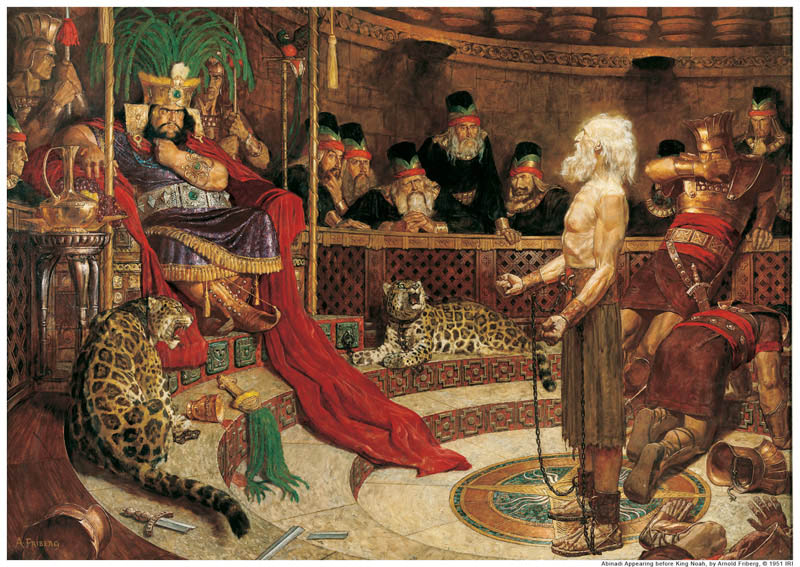 At one point in Nephite history, they had to leave the area they called “Nephi” and flee into the wilderness to escape the Lamanites. Later, a man named Zeniff decided to take a party of men and try to find and reclaim the land of Nephi. Once arriving, they were cajoled by the Lamanites only to be placed in bondage to them. Eventually triumphing, Zeniff handed the kingdom over to one of his sons, Noah, who was a wicked king with false priests. Abinadi was sent from God to preach repentance to them.
At one point in Nephite history, they had to leave the area they called “Nephi” and flee into the wilderness to escape the Lamanites. Later, a man named Zeniff decided to take a party of men and try to find and reclaim the land of Nephi. Once arriving, they were cajoled by the Lamanites only to be placed in bondage to them. Eventually triumphing, Zeniff handed the kingdom over to one of his sons, Noah, who was a wicked king with false priests. Abinadi was sent from God to preach repentance to them.
Abinadi prophesied that if the people of Noah did not repent, they would be taken into bondage. He was arrested and brought before King Noah and his priests. King Noah said, when he heard Abinadi’s accusations:
Who is Abinadi, that I and my people should be judged of him, or who is the Lord, that shall bring upon my people such great affliction (Mosiah 11:27)?
Abinadi began to preach to King Noah and the wicked priests, reciting biblical and Nephite history up to that time, reminding them of the Ten Commandments and Law of Moses, which they were supposed to keep, while looking forward to the coming of Christ, of whom the Nephite prophets testified by name.
I say unto you that it is expedient that ye should keep the Law of Moses as yet; but I say unto you, that the time shall come when it shall be no more expedient to keep the law of Moses. And moreover, I say unto you, that salvation doth not come by the law alone; and were it not for the atonement, which God himself shall make for the sins and iniquities of his people, that they must unavoidably perish, notwithstanding the law of Moses….
For behold, did not Moses prophesy unto them concerning the coming of the Messiah, and that God should redeem his people? Yea, and even all the prophets who have prophesied ever since the world began–have they not spoken more or less concerning these things (Mosiah 13)?
Abinadi went on to prophesy more about the life and mission of the coming Savior, and about the atonement and resurrection and the nature of salvation. Noah and his wicked priests had Abinadi burned at the stake, but they were unable to lay a hand on him until Abinadi had finished imparting his message, thereby fulfilling that which God had called him to do.
That might have been the end of the story had not Noah and his priests eventually met the same fate as Abinadi, which thing Abinadi prophesied, but also the story continues through Alma, one of the wicked priests who was deeply affected and converted through Abinadi’a teachings. Alma sought the Lord, and the Lord called him to minister unto those who would hear the true gospel. Alma received the priesthood power to baptize and to prophecy. Even as he was hunted by King Noah, converts gathered to him, and they were eventually delivered out of the kingdom to safety among other Nephite groups. Alma became the great high priest, so deep were his convictions.
Abinadi, then, was a martyr for the gospel’s sake and one of the great characters of the Book of Mormon. You can read the Book of Mormon account here.
Additional Resources:

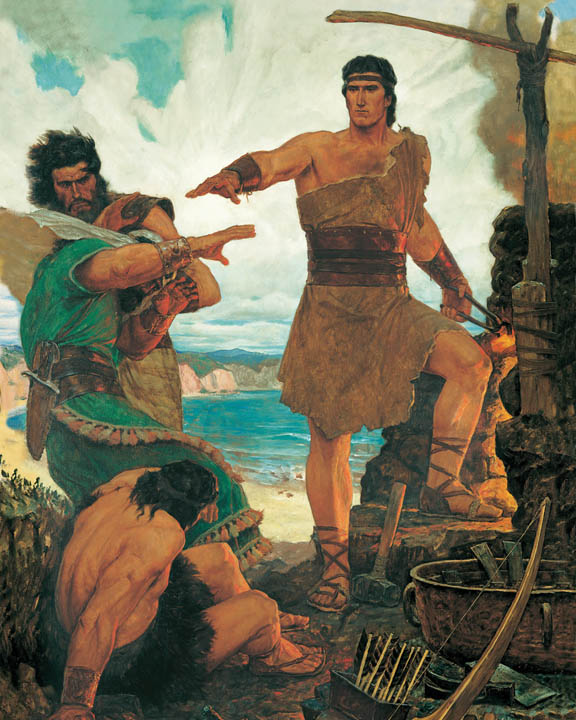
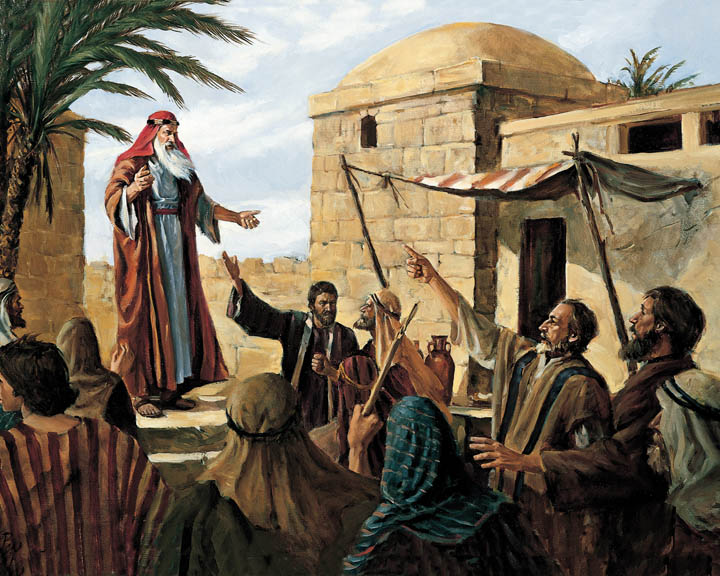
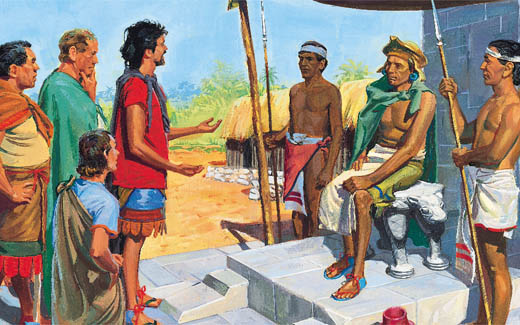
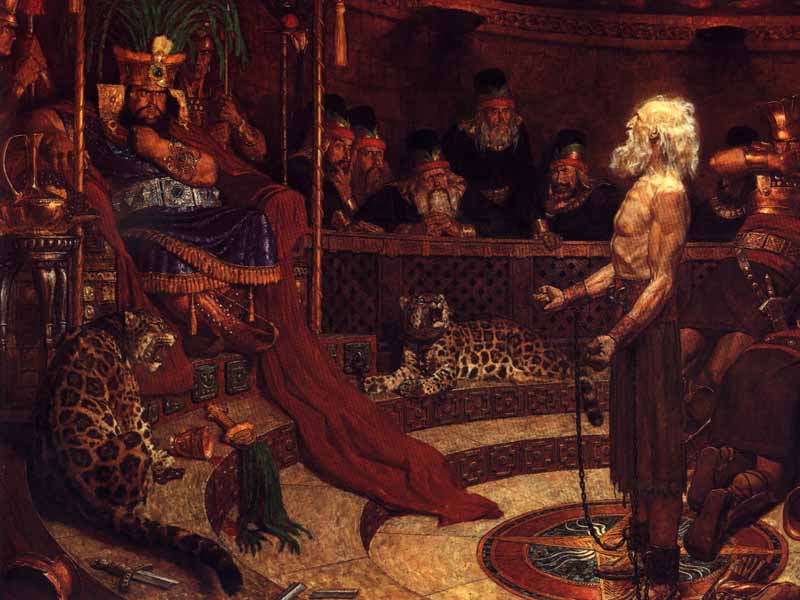
Recent Comments